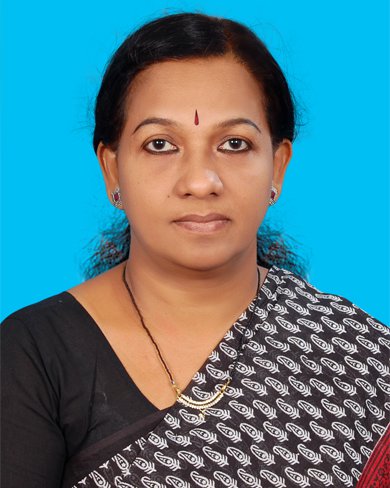




Professor
04902346153 (Office)
+91-9656930637
bindub@kannuruniv.ac.in
Qualifications : M.A (Anthropology), PhD (Tribal Studies),PG Diploma (Rural Development), PDF-LSE (Britain),UGC-RA
2004
2005
2006
2007
2008
2009
2010
1991
1996
1997
1999
2001
2004
2002
2003
2005
2006
2007
2008
2014
2015
2016
2017